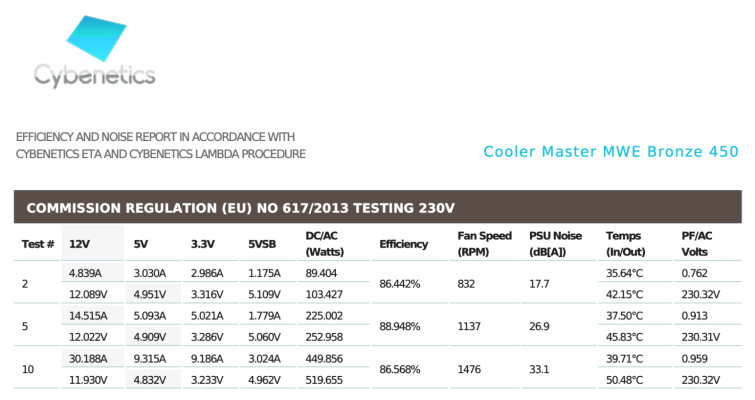Even the electricity which is consumed, eventually gets converted to heat.
lost as heat before being utilized
In normal situations, you want to use the electricity you're paying for, before it is lost as heat.
Efficiency has nothing to do with heat generation.
Higher efficiency means to provide a certain amount of power, the actual used power will be lower, hence heat generated will also be lower.
Higher efficiency means less energy is lost as heat within the power supply itself.
So again, wattage of the PSU has nothing to do with the amount of heat generated.
A higher wattage power supply usually has higher efficiency, which means less heat generated from the power supply itself. Which means less energy wasted by the power supply as heat. Which means more energy passed on to the other components to be used if needed.
To be clear, I meant heat generated by the power supply. Not by the remaining components. If the power supply generates excessive heat during the conversion of AC to DC, that means less energy is available to the rest of the PC components. Meaning you're losing energy to before it is utilized, kind of like a leaky bucket.
A 1000W gold rated power supply will consume (1000/89%) 1123W to provide 1000W of power, producing 123W of heat.
For platinum rated power supply, it will consume (1000/90%) 1111W to provide 1000W of power, producing 111W of heat.
For titanium rated power supply, it will consume (1000/94%) 1063W to provide 1000W of power, producing 63W of heat.
In all three cases, the components consume 1000W by themselves while the amount consumed by the power supply varies greatly. You're sure to notice the difference between the three power supplies over the course of a few hours of gaming.
Do we really need those fancy power supplies
There are ways to make the most of 'budget' power supplies. Here's the tested efficiency of a 450W Cooler Master MWE Bronze rated power supply:

At 50% power draw, it's almost 89% efficient — on par with a Gold rated power supply but at a Bronze rated price point. If your system consumes around 200W to 250W while gaming, this would be a solid choice (efficiency-wise).
So if you can measure how much your system consumes at nominal workloads (either gaming or consuming media, depending on what is more likely) you can save money by purchasing a power supply that's efficient within the wattage needed by your components. I personally choose power supplies that are more than 89% efficient the wattage range that I need.




